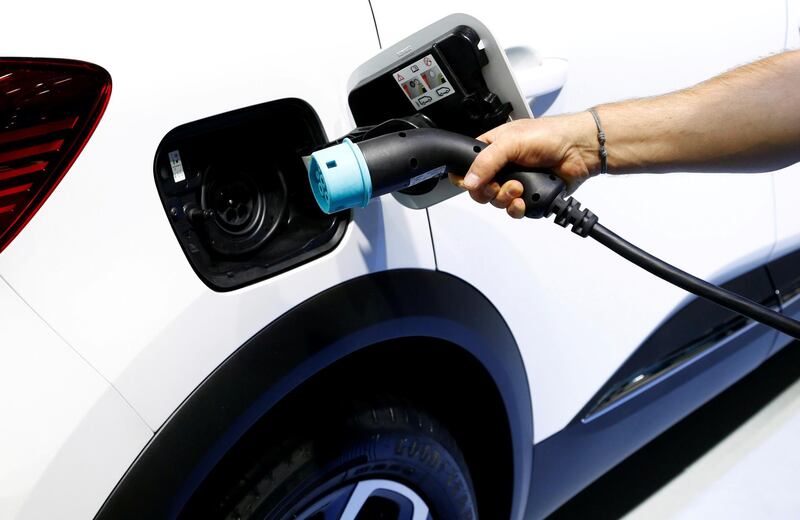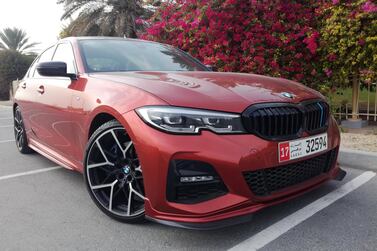Studies have shown hybrid cars, which run on plug-in electric batteries and a combustion engine, could produce three times more carbon dioxide than thought and use up to three times more fuel.
Studies by the UK's Emissions Analytics and a 2018 academic study in Norway, among others, have shown that tests performed on the plug-in hybrid vehicles failed to take into account driving habits.
They found drivers were far more likely to neglect to charge their cars than was accounted for in laboratory testing.
This, combined with the fact that the cars have a range of up to only 40 kilometres when properly charged, meant drivers were often failing to use the battery at all.
In effect, many vehicles were emitting more gas and using more fuel than they would have with a normal combustion engine, because of the extra weight of a battery.
Nick Molden, chief executive and founder of Emissions Analytics, told The National the problem was not of companies misleading the public, but that they were legally required to carry out their tests in laboratory settings.
“With plug-in hybrids there is a particular cocktail of problems,” Mr Molden said.
“The official figures try to boil down the carbon dioxide and the miles per gallon to one number for a plug-in hybrid.
"The problem with that is the answer depends so much on whether you charge the vehicle up or not.
“What happens if the driver does not charge it up? Then you get a much higher fuel consumption and a much higher carbon dioxide."
The problems with hybrids boils down, in part, to personal driving habits. If drivers charge their cars regularly and drive short distances, they can run them with virtually no emissions.
A lack of infrastructure and charging points is also a problem.
The EU has floated the idea of installing a million public chargers by 2025 for electric and hybrid cars.
The UK government said last year it was providing an extra £2.5 million (Dh11.8m) to fund the installation of more than 1,000 charge points for electric vehicles on residential streets.







